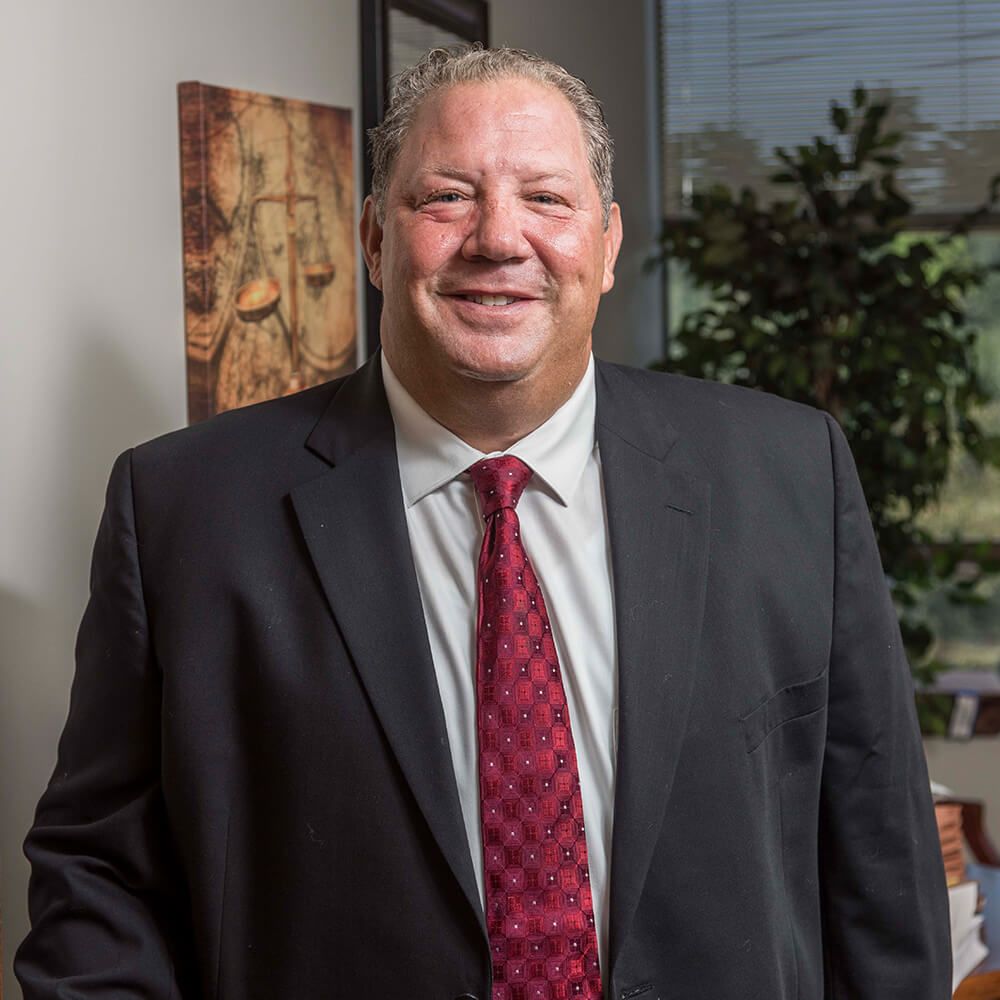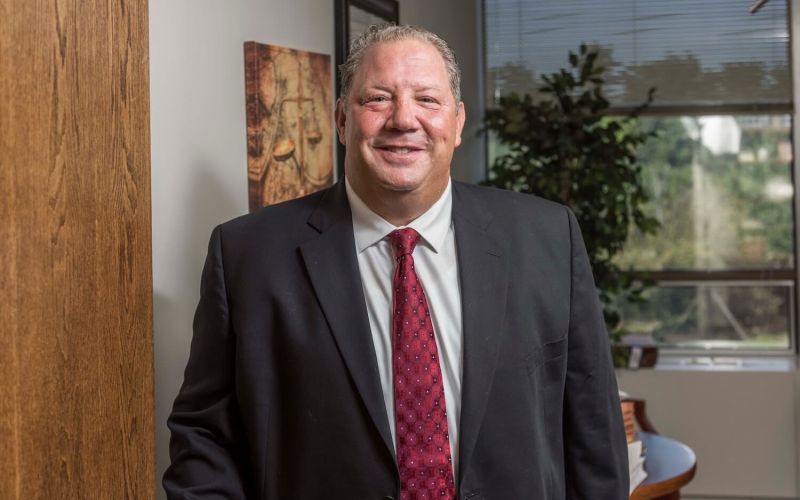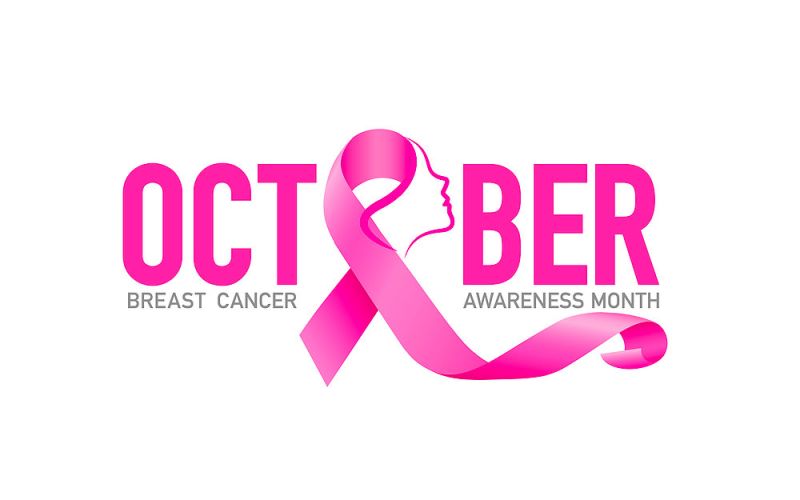New York Disability Insurance Lawyers – Own Occupation Disability Income Insurance Policies

- #ERISA #Disabilityclaim #LTDclaim #Disabilitylawyers #Disabilityattorn, Disability Insurance, ERISA Disability


An own occupation disability income insurance policy is marketed and sold with the understanding that the person is insuring their income for a specific career. These policies are usually purchased by high income wage earners, including physicians, dentists, financial executives, business owners, engineers, lawyers, salespeople, and others who understand the value of protecting their income. They purchase own occupation disability insurance policies from Berkshire Guardian, Unum, Prudential, Northwestern Mutual and New York Life, among others. The sale of an own occupation policy doesn’t rise to the level of being a bait and switch or deceptive transaction, but it feels awfully close when the disability insurance company somehow and unexpectedly transitions the claimant from own occupation (any occ) to any occupation (any occ) and terminates the claim. Here’s the scenario we see, repeatedly. The claim starts out fine – the person files a disability claim (often on their own), provides the necessary documentation and they receive benefits for a certain period of time. All seems well, until they unexpectedly receive a notice of termination for their disability benefits. No prior indication that something was amiss. If this has happened to you, we encourage you to call us at 888-583-4959. A close read of the disability insurance policy reveals a provision that the coverage changes to an any occupation at a specific time. Every policy is different, although most make this transition around the 24 month period (some are as long as ten years). That’s when the claimant realizes they need experienced professional legal representation. Disability insurance companies are known not just for wrongfully denying claims of legitimately sick policyowners, but also for twisting occupational definitions and tasks. Using a job description from two decades ago is a common tactic, but it’s just one of many ways disability insurance companies try to terminate claims. Often, with medical providers who own their own practices, an insurance company will try to determine the insured has two occupations (dual occupation), which might find loose support in the policy language, but twists or distorts what the physician actually is. Our firm represents many claimants in this exact fact pattern, so we know what to expect and when to expect it. Our first task when representing any new client is to review the original disability policy for time-sensitive issues, and relevant policy language, including the definition of Own Occupation, and the own-occ to the any-occ transition. We collaborate with vocational experts, documenting with great detail the precise tasks and material duties required to perform the person’s occupation. We develop powerful support for the true occupational duties to best inform the insurance company. Another factor in the any occ occupation/own occupation issue is income. The disability insurance company may tell a neurosurgeon who earned more than $450,000 annually to accept a position of consulting to other surgeons for half that amount. But the neurosurgeon purchased and paid for the disability insurance policy to protect their higher income in the event of illness or an injury, not to be forced into a lower paying job. Now, with the prevalence of telemedicine, physicians have additional hurdles to consider when navigating a new claim for benefits. Every now and then we are asked about whether the disability insurance company has any obligation to find a job for someone who has been denied benefits. During the Any Occupation analysis, the disability insurance company will often suggest alternatives for the denied claimant, which are usually far lower in pay and occasionally so far from their insured occupation as to border on the ridiculous. However, they do not have to find you a job, but merely identify a theoretical job. The disability insurance company can make all the career recommendations it wants, but the claimants we represent are not able to work in their chosen profession. They have devoted years, if not decades, to growing their careers, undergoing rigorous professional education, and often taking on significant financial burdens to complete their education. They believe the coverage protects their Own Occupation – we agree. Our battles with the disability insurance company trying to deny a claim at the any occ/own occ transition point have given us the experience and knowledge to represent claimants with strong claims and to develop further support to inform the insurance company. We are proud of our successes, and confident of our ability to protect our clients. If your disability claim has been denied at the own occ/any occ transition, or at any stage in the disability claims process, contact the firm at 888-583-4959. There’s too much at stake to fight this battle on your own.

Written By Justin Frankel
Justin C. Frankel is committed to fighting for the rights of clients when their long term disability insurance claims have been denied, delayed or terminated.
Latest Blog Posts
-
Justin Frankel In 2023 Super Lawyers Magazine
A fall tradition we enjoy every year is the delivery of the New York Metro Super L…Read more -
We Overturn Lincoln’s Denied Claim for a Master Builder/Project Man…
The Law Office of Justin Frankel overturn a Denied Lincoln Insurance Claim for a M…Read more -
October is Breast Cancer Awareness Month
Breast Cancer Awareness Month was created to remind women to have regular breast e…Read more -
Justin C. Frankel Named a 2023 Super Lawyer
Justin C. Frankel, the founder of The Law Office Of Justin Frankel, has been named…Read more -
National Disability Law Firm Announces Release of Updated Consumer …
The Law Office of Justin Frankel is pleased to announce the release of the updated…Read more -
What You Need To Know Before You File for Disability
Navigating claims for long-term disability benefits can be daunting, filled with o…Read more -
CIGNA Senior Advisor with Disability Policy from New York Life
Our client, a 67-year-old Clinical Program Senior Advisor for CIGNA, had been a he…Read more -
Cigna Disability Policy Concerns After New York Life Acquisition
New York Life Purchases CIGNA’s Group Life & Disability Business At the start …Read more -
How A Lawyer Can Help With Your Disability Insurance Claim
If you are facing a long-term disability insurance claim, you want to make sure yo…Read more

-
We know how important our work is to the people we represent, and we’re pleased to share this recent note from a client. Dear Justin and Christina, I wanted to take a moment to express my sincere g…
-
Our 60-year-old client worked for the world’s largest out-of-home advertising company as a Senior Buyer and outdoor furniture supplier, doing everything necessary to manage a contract for twenty ye…
-
Successful ERISA Appeal of Cigna Denial for High-Ranking Aviation Executive from Florida A 61-year old woman with a prestigious role at a leading aviation company never imagined she would stop work…
-
ERISA Case Headed to Trial in Federal Court – Barber v. Sun Life & Health A Federal Judge in Connecticut has scheduled a trial with live witnesses in an ERISA case, to be decided under the arbi…
-
F&N Resolves a Four Year Delay in UNUM Lump Sum Settlement Matter We were contacted by a 56 year-old man from Maryland who had been trying to negotiate a lump sum settlement of his private disa…
-
Our client, a successful New York dentist, was on claim for a number of years with Trustmark Insurance, due to severe orthopedic issues, which did not permit him to safely and effectively practice …
-
“OK, now that I have had a chance to calmly review the documents, I just wanted to thank you for all of your help. I am certain that if I would have tried to do this myself, I would not have had th…
-
The Law Office of Justin Frankel Navigates Complex Issues, From Claim Preparation to Lifetime Management, for Chiropractor A New York chiropractor in his mid-50s was concerned about complex issues …
"*" indicates required fields
Marketing and Design by Array Digital
© 2024 Law Office of Justin C. Frankel, PC









 5.0 Average on Martindale & AVVO
5.0 Average on Martindale & AVVO